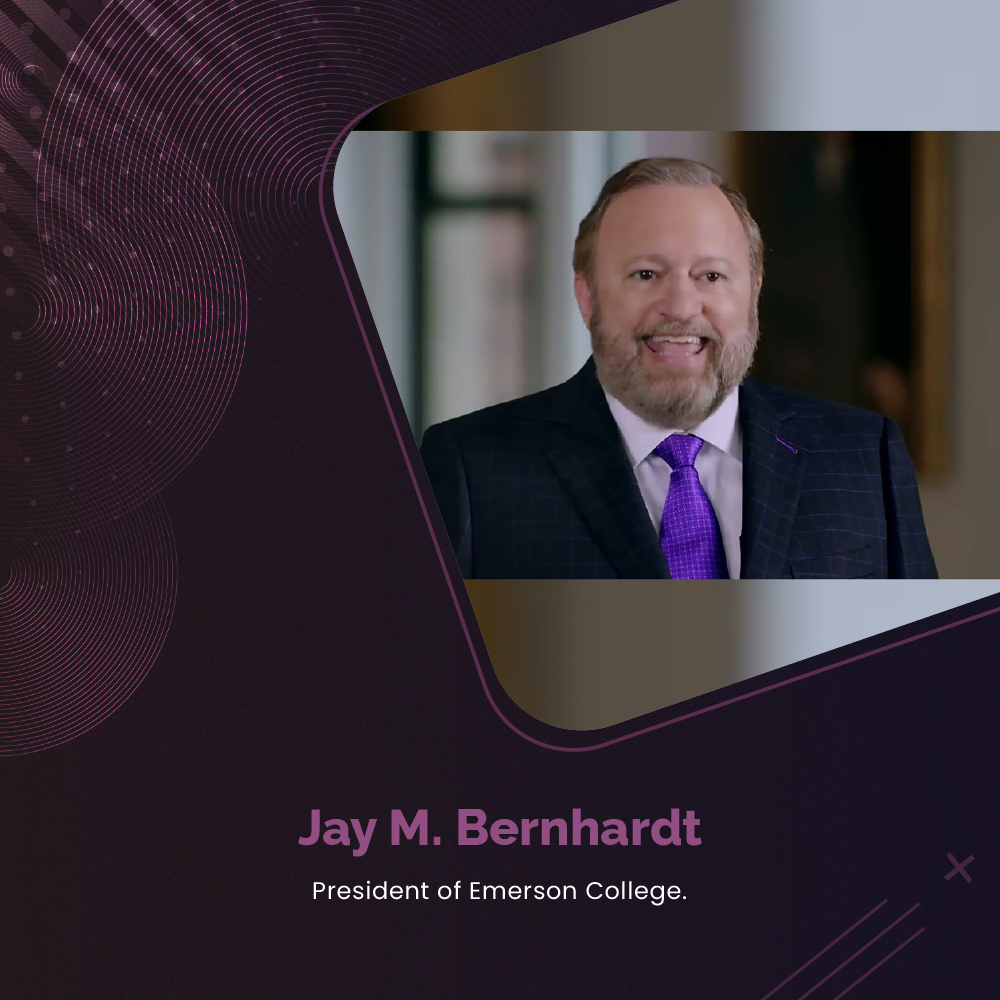
In the digital age, social media platforms have transcended their initial purpose of social networking to become pivotal tools in various sectors, including education and health promotion. In schools, social media is no longer just a means for students to connect and communicate; it has evolved into a vital instrument for health promotion, offering unique advantages in reaching and engaging students effectively. This article explores how social media transforms health promotion in school environments and highlights how schools can harness these platforms to foster a healthier student body.
Expanding Reach and Accessibility
Social media’s most obvious advantage is its ability to reach large audiences quickly and efficiently. For school health promoters, platforms like Facebook, Instagram, Twitter, and YouTube offer an unprecedented opportunity to disseminate health information widely. Through these channels, schools can easily communicate health messages and campaigns to students, parents, and the broader community. Social media’s accessibility ensures that health messages can reach students at any time and place, breaking down the barriers of traditional school hours and physical boundaries.
Enhancing Engagement Through Creative Content
Social media thrives on creativity, and this can be particularly advantageous for health promotion in schools. Traditional health education methods, such as pamphlets or standard lectures, can sometimes fail to capture the interest of young audiences. Social media’s dynamic content, like videos and live Q&A sessions, boosts student engagement and participation more effectively than traditional methods.
Facilitating Peer-to-Peer Communication
One of the critical aspects of social media is its ability to foster peer-to-peer interactions. In the context of school health promotion, this feature can be incredibly beneficial. Students are more likely to be influenced by and engage with content that comes from their peers. By encouraging students to share their health experiences, tips, and success stories, schools can create a supportive community where students motivate each other to adopt healthier habits. This peer influence can amplify the impact of health messages, making the promotion efforts more effective and relatable.
Providing a Platform for Real-Time Feedback
Social media enables instant feedback, allowing schools to measure and enhance their health promotion effectiveness in real time. This feedback can be invaluable in assessing the relevance and impact of the health messages being shared. Moreover, it provides an opportunity for schools to engage directly with students’ concerns, questions, and suggestions, adapting health promotion strategies in response to the community’s needs.
Tailoring Messages for Targeted Impact
The sophisticated targeting options available on social media platforms enable schools to tailor their health promotion messages to specific groups. This can be particularly useful when addressing the diverse needs of students who may require different health information and support. For example, schools can direct messages about adolescent mental health specifically to older students, while they might target information about playground safety at younger students or their parents. This targeted approach ensures that the content is relevant and that the messaging has the maximum possible impact.
Overcoming Misinformation
With the vast amount of information available online, health misinformation often exposes students. Social media gives schools a powerful tool to counteract this by providing accurate, reliable health information. By establishing themselves as trusted sources of health information on these platforms, schools can help mitigate the spread of health myths and misinformation among students, guiding them toward healthier, informed decisions.
Challenges and Considerations
While using social media for school health promotion offers significant benefits, schools must address challenges and ethical considerations. Schools must address privacy, cyberbullying, and misinformation by developing clear policies, promoting safe online behavior, and monitoring social media.
Integrating social media into school health promotion transforms communication and boosts student engagement, proving essential for modern educational strategies.